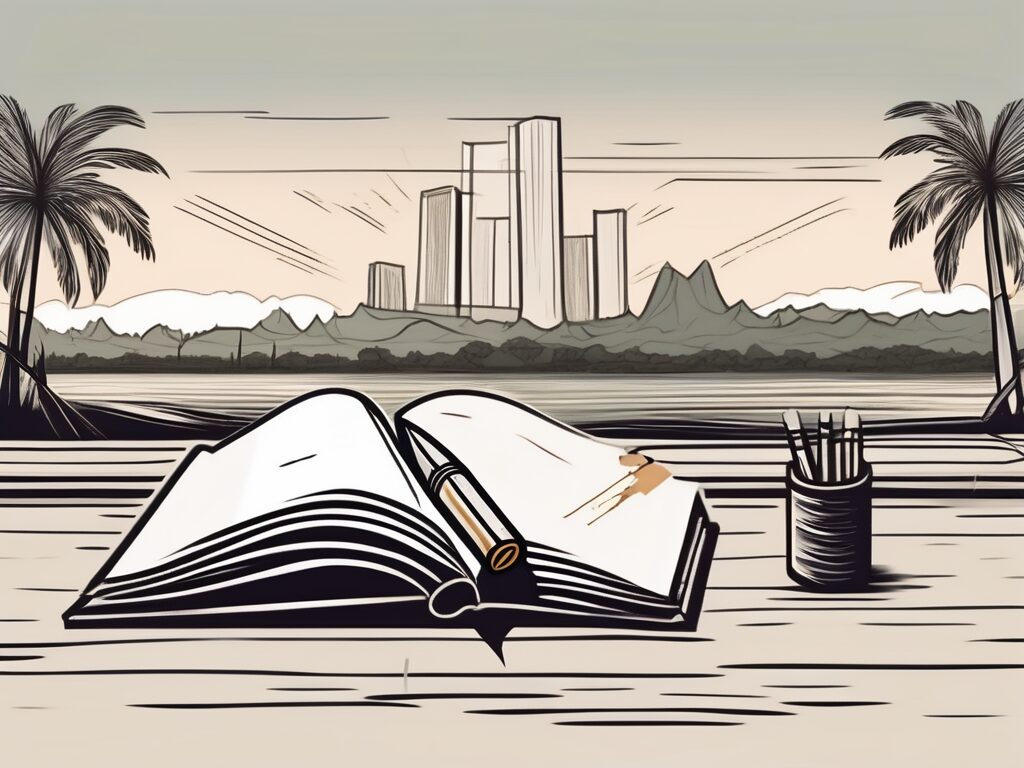Education is a fundamental right that every child should enjoy. However, in certain parts of the world, this right is often denied due to various barriers. One such place where this is a significant issue is Cambodia. Despite the government’s efforts to improve the education system, numerous obstacles continue to hinder progress. This article explores these barriers and their implications for the future of Cambodian children.
Financial Constraints
One of the most significant barriers to education in Cambodia is financial constraints. Many families in Cambodia live below the poverty line and struggle to meet their basic needs. As a result, they often cannot afford to send their children to school. This is akin to the situation in many developing countries where poverty is a major impediment to education.
Furthermore, the cost of education in Cambodia is not limited to school fees. There are additional expenses such as uniforms, textbooks, and transportation, which can be prohibitive for low-income families. This is similar to the situation in the UK where the cost of school uniforms has been a contentious issue.
Child Labour
Due to the financial constraints, many children in Cambodia are forced into labour to supplement their family’s income. This leaves them with little or no time to attend school. The situation is somewhat reminiscent of the Victorian era in Britain when child labour was rampant, and education was a luxury few could afford.
Moreover, child labour not only deprives children of their right to education but also exposes them to hazardous conditions that can have detrimental effects on their health and wellbeing. This is a global issue that affects many developing countries, not just Cambodia.
Sociocultural Factors
Sociocultural factors also play a significant role in limiting access to education in Cambodia. Traditional gender roles often dictate that girls should stay at home and help with household chores rather than go to school. This is not dissimilar to the situation in many parts of the world where gender inequality is a major barrier to education.
Moreover, there is a lack of awareness about the importance of education among many Cambodian parents. This is particularly true in rural areas where parents often do not see the value of education and prefer to have their children work instead. This is somewhat akin to the mindset in certain parts of rural India where education is often undervalued.
Language Barriers
Language barriers also pose a significant challenge to education in Cambodia. Many ethnic minority children in Cambodia do not speak Khmer, the national language, at home. As a result, they struggle to keep up in school where instruction is primarily in Khmer. This is similar to the situation in many multicultural societies where language barriers can hinder educational progress.
Moreover, the lack of resources to support bilingual education further exacerbates this problem. This is a common issue in many countries where resources for education are limited, and the needs of minority language speakers are often overlooked.
Infrastructure and Resources
Another major barrier to education in Cambodia is the lack of infrastructure and resources. Many schools in Cambodia are in poor condition with inadequate facilities. This is reminiscent of the situation in many African countries where poor infrastructure is a major obstacle to education.
Furthermore, there is a shortage of qualified teachers in Cambodia, particularly in rural areas. This results in large class sizes and a low quality of education. This is not dissimilar to the situation in many parts of the world where teacher shortages are a major challenge to providing quality education.
Lack of Access to Technology
Access to technology is another significant barrier to education in Cambodia. Many schools in Cambodia do not have access to computers or the internet. This puts Cambodian children at a disadvantage in the digital age. This is similar to the digital divide seen in many parts of the world where access to technology is limited.
Moreover, the lack of digital literacy among teachers and students further compounds this problem. This is a global issue that affects many developing countries, not just Cambodia.
In conclusion, there are numerous barriers to education in Cambodia, ranging from financial constraints and sociocultural factors to infrastructure and resource limitations. Addressing these barriers is crucial to ensuring that all Cambodian children have access to quality education. This is a challenge that requires concerted efforts from the government, non-governmental organisations, and the international community.
Empower Cambodian Educators with IPGCE
As we recognize the challenges faced by Cambodian children in accessing quality education, it’s crucial to empower the educators who serve them. IPGCE is dedicated to enhancing the qualifications of teachers, offering a pathway to overcome the barriers of stringent international school requirements. With our programme, educators can expect a significant increase in interview callbacks and promotion rates, along with a valuable salary boost. By joining the IPGCE, teachers will not only expand their professional networks but also gain a deeper understanding of global education systems, all while balancing their existing work commitments. Take the first step towards transforming education in Cambodia and beyond. Join the UK’s #1 Teacher Training Course and make a difference today.

